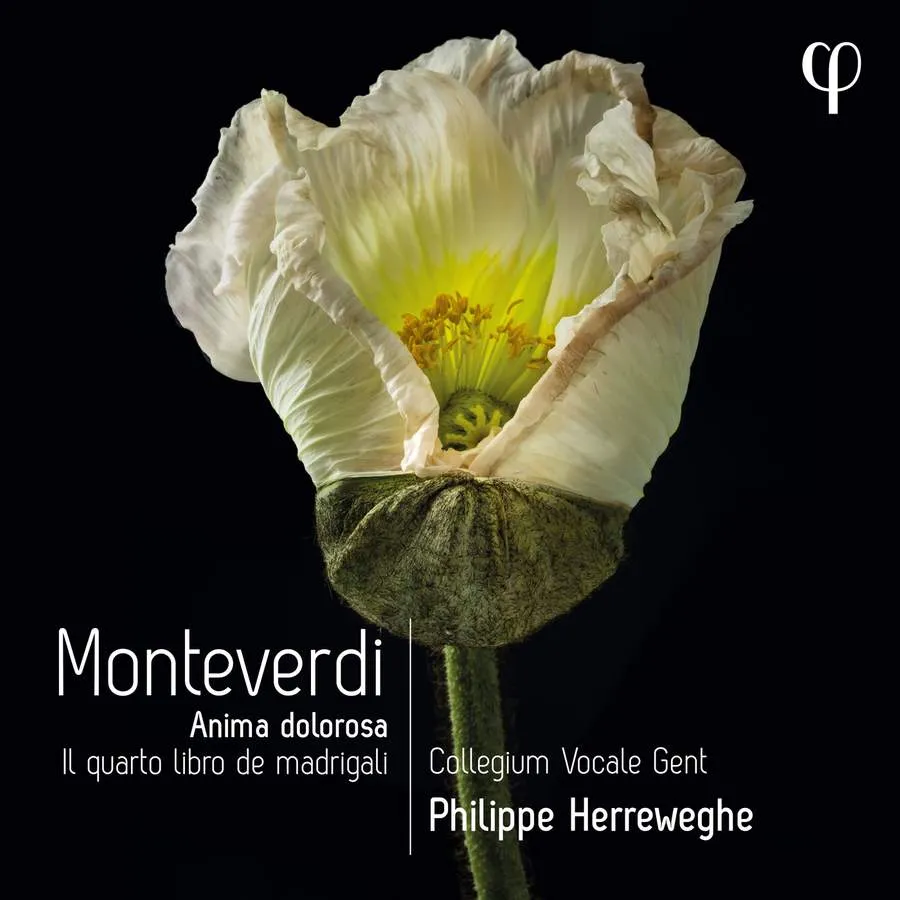
Monteverdi Il quarto libro de madrigali Collegium Vocale Gent/Philippe Herreweghe Phi LPH037 57:10 mins
Monteverdi spearheaded a musical revolution. When he began composing, the goal was sonic perfection governed by strict rules; by the time he died in 1643, music’s purpose had become to serve the text, to dramatise the words in sound with theatrical use of dissonance.
His fourth book of madrigals became the pivot of this process, with its final song – ‘Piagn’e sospira’ – looking far into the future with its exquisitely chiselled harmonics and its feast of slow chromaticism. Most of its texts were by Giovanni Battista Guarini, whose condensed and convoluted love poetry aligns him with that of his English contemporary John Donne. It’s all powered by the paradox of what he called un vivace morire, a ‘lethal vigour’ which reflected a total identification of lover with beloved, an ecstatic mutual pain.
Tightly-wrought music of this kind is demanding to sing, and my favourite exponents are Rinaldo Alessandrini’s Concerto Italiano, who wear their full-blooded passion on their sleeve. Philippe Herreweghe’s seven-voice group are too careful – or insufficiently unbuttoned – to satisfyingly render the joyful exultation of ‘Io mi son giovinetta’, though their bass-heavy rendering of the dark numbers has surging force. With ‘Si ch’io vorrei morire’ – ‘Yes, I would die’ – they find a way to suggest the mounting excitement, and climbing melodic line, of a song which is all about physical coupling. And with ‘Ohime, se tanto amate’, they nicely communicate the rushes of emotion in the alternating despair and hope of the constant lover.
Michael Church
More reviews
